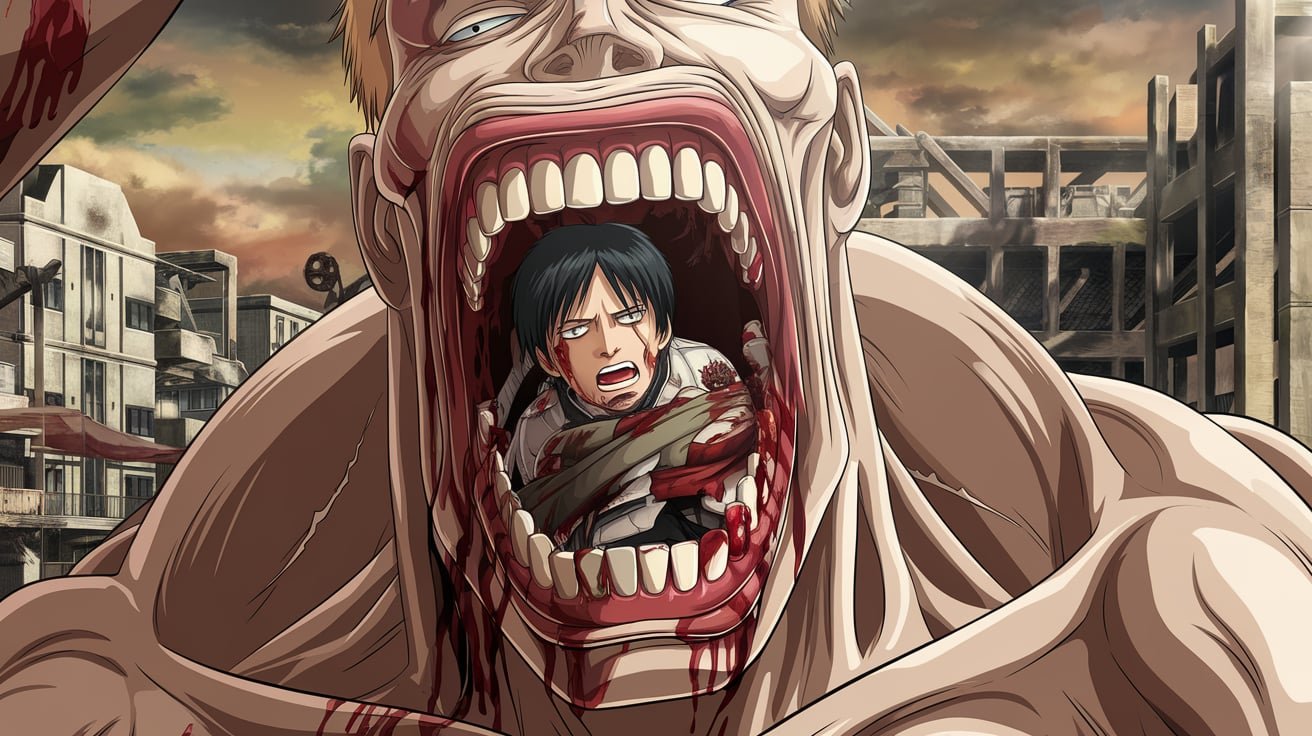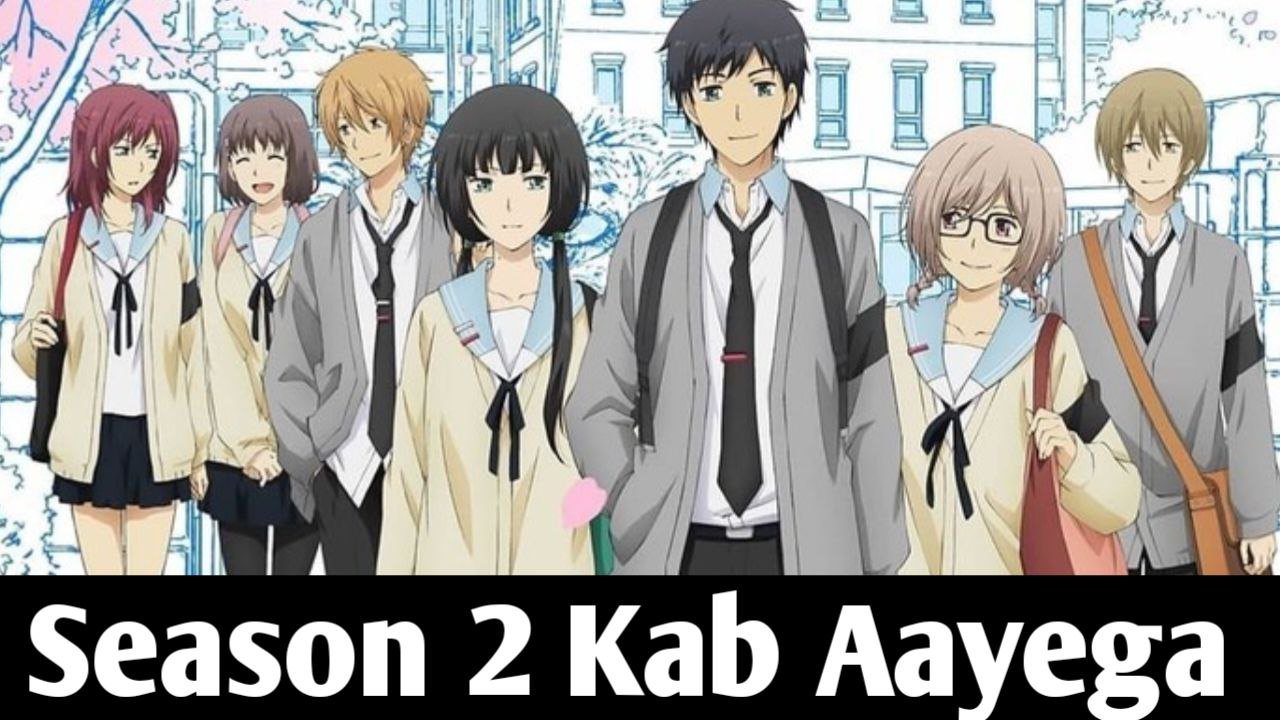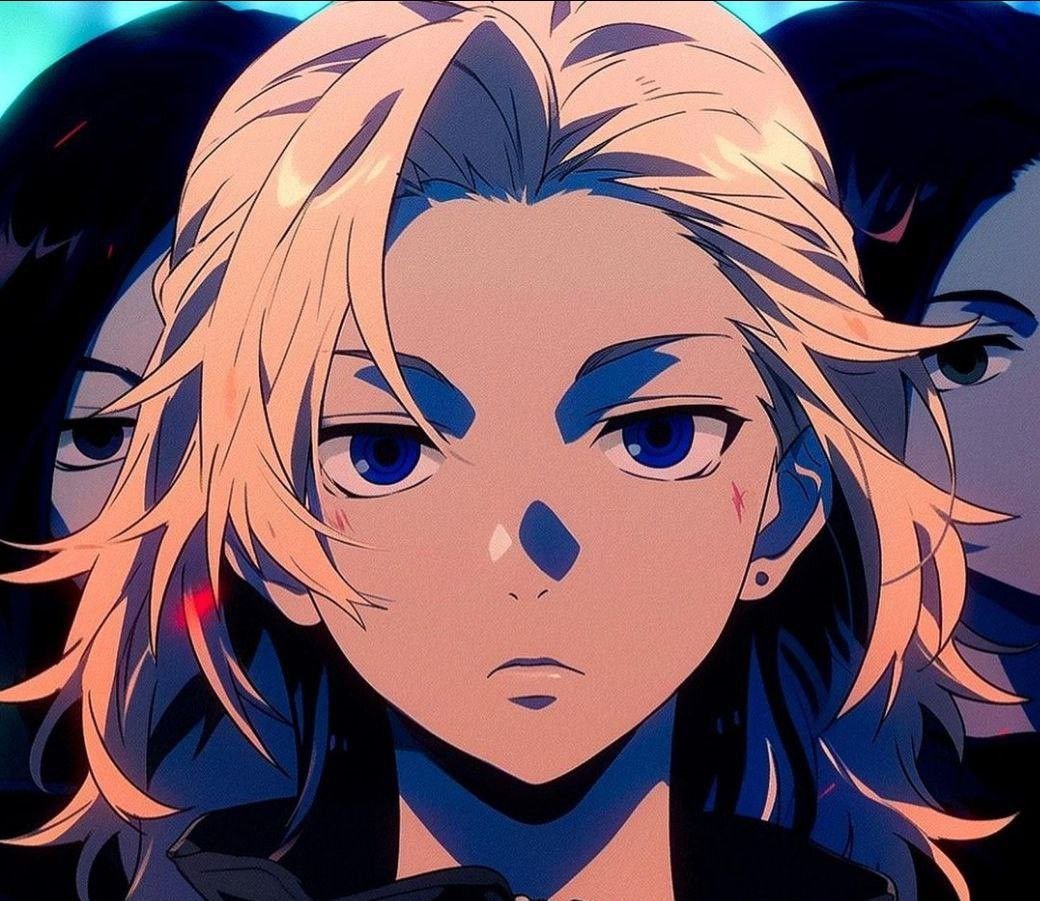Table of attack on titan final season
Introduction to Attack on Titan
Attack on Titan, originally known as Shingeki no Kyojin, is a critically acclaimed manga series penned by Hajime Isayama. First released in 2009, the story is set in a world where humanity exists behind enormous walls to protect themselves from the threat of colossal humanoid creatures known as Titans. The narrative revolves around themes of survival, freedom, and the complexities of human nature, which contributed to its widespread popularity and acclaim.
The manga’s initial issues gained traction in Japan, leading to an extensive serialized run that concluded in April 2021. The blend of intricate storytelling, rich character development, and breathtaking artwork caught the attention of a global audience, paving the way for its adaptation into an anime series. The anime premiered in April 2013 and quickly became a cultural phenomenon, introducing new fans to Isayama’s universe. Viewership expanded greatly, fueled by intense action scenes, plot twists, and a gripping storyline replete with moral dilemmas.
Subsequently, the Attack on Titan anime has received several adaptations comprising four distinct seasons. Each season stands out for its ability to maintain narrative momentum while expanding the plot’s intricacies. The final season, which began airing in late 2020 and is set to conclude in 2023, marks a significant milestone for the franchise, offering fans closure and a deeper understanding of the series’ overarching themes. This season has further solidified the series’ status in the anime community and sparked extensive discussions about its impact on the genre and storytelling.
As the Attack on Titan final season unfolds, it encapsulates the journey of its characters while addressing the moral complexities within its richly woven tapestry of themes. By delving into the final chapter, fans and newcomers alike have the opportunity to appreciate the culmination of years of storytelling and the thoughtful commentary it provides on humanity and conflict.

Overview of the Final Season
The final season of “Attack on Titan” marks a significant and climactic conclusion to the widely acclaimed series, expertly weaving together character arcs and complex narratives that have captivated audiences. The season is structured into distinct parts, each contributing uniquely to the overarching story. The anticipation among fans has been palpable, particularly as the release dates were staggered to enhance the viewing experience.
Part 1 of the final season premiered on December 7, 2020, and consisted of 16 episodes. This segment focused on the evolving dynamics between the characters and the developing conflict between the Eldians and Marleyans, offering viewers deep insights into the motivations that drive each faction. Following this, Part 2 was released on January 9, 2022, and continued to explore the escalating tensions and the fallout from previous confrontations, culminating in a series of intense episodes that further complicated the relationships of key characters.
The culmination of the series arrives with Part 3, which is divided into two halves, with the first half released on March 3, 2023, and the second half scheduled for later in 2023. This last part promises to resolve the many intricate plot threads woven throughout the series, bringing closure to long-standing conflicts while providing answers to critical questions that have lingered in the minds of fans since the series began.
The timeline of events portrayed in the final season serves to set the stage for the dramatic conclusions that unfold, ensuring that viewers remain engaged and invested until the very end. With its intricate storytelling and rich character development, “Attack on Titan: The Final Season” stands as a monumental achievement in anime history.
Plot Synopsis: The World Beyond the Walls
The final season of Attack on Titan ushers viewers into a complex narrative that transcends the confines of the Walls, unveiling the nation of Marley and the intricate dynamics governing its society. It provides revelations that reshape the understanding of the ongoing conflicts, emphasizing the pervasive discrimination imposed upon Eldians. This new backdrop not only enriches the storyline but also highlights the motivations of key characters, driving home the importance of their struggles amid a world rife with prejudice.
As the narrative unfolds, the audience is introduced to Marley, a militaristic nation where Eldians are marginalized and viewed as second-class citizens. The tension between Marley and the Eldians serves as a microcosm for broader themes of oppression and identity. Characters like Eren Yeager find themselves grappling with these heavy truths, as the line between hero and villain blurs. The perceived injustices faced by Eldians resonate deeply, compelling them to reclaim their heritage and challenge the longstanding narrative that has deemed them as threats to humanity.
Central to the plot of Attack on Titan’s final chapter is the exploration of motivations that lead to inter-nation conflict. The clash of ideologies between Marleyans and Eldians becomes a pivotal element that shapes character arcs and influences actions across the board. Themes of revenge, freedom, and the quest for peace are intricately woven into the storyline, compelling viewers to examine their own perspectives on morality and societal structures.
Ultimately, the final season masterfully intertwines personal and political struggles, revealing that the conflict stems not merely from a desire for power, but rather from a longing for acknowledgment and acceptance. As the series reaches its climax, these themes underscore the necessity for understanding and overcoming the barriers that divide nations, providing a rich tapestry for viewers to engage with.
Character Developments and Their Arcs
The final season of Attack on Titan presents profound character developments, particularly for Eren, Mikasa, Levi, and Armin. Each character undergoes a significant transformation, reflecting the ever-evolving narrative landscape of the series. Eren Yeager, who began as a passionate and determined individual, increasingly embraces a darker path as the series progresses. Driven by his desire for freedom and the oppressive nature of his world, Eren’s choices lead to morally ambiguous decisions that force viewers to reassess their initial perceptions of him. This transformation is not merely a quest for power but an exploration of the lengths one might go to achieve true liberation.
Mikasa Ackerman’s character arc is equally compelling. Her fierce loyalty to Eren juxtaposes her internal struggle with the implications of his choices. As Eren’s descent into darkness unfolds, Mikasa is faced with the challenging task of balancing her love for him with her moral compass. This tension enriches her character, providing a poignant exploration of the complexities of love and allegiance in dire circumstances.
Levi Ackerman, often viewed as the stoic leader, experiences a notable evolution as well. His initially unwavering resolve is put to the test as the toll of leadership and loss weighs heavily upon him. Levi’s interactions with other characters, especially when it comes to the younger generation, illustrate his gradual acceptance of vulnerability. This shift highlights the overall themes of sacrifice and the burden of choices in the final chapter of Attack on Titan.
Armin Arlert emerges as a beacon of hope and diplomacy throughout the final season. His growth from a timid boy to a strategic thinker and mediator emphasizes the importance of communication and understanding amidst chaos. As he grapples with the moral implications of war, his journey underscores the interplay between ideology and friendship, propelling the narrative toward its climactic resolution.
Eren Yeager: From Hero to Anti-Hero
Eren Yeager’s transformation throughout the Attack on Titan final season is one of the most profound character arcs in contemporary anime. Initially introduced as a passionate and determined individual fighting against the Titans, Eren’s journey evolves significantly as the narrative progresses. His motivations shift from the desire for freedom to a stark realization of what that freedom entails, challenging the very essence of heroism within the series.
Throughout the final season, Eren adopts increasingly radical views and actions. The revelation of his inherited memories and the legacy of his formers predecessors significantly impacts his worldview and moral compass. No longer the naïve young boy, Eren becomes an anti-hero, willing to sacrifice even his friends and allies for what he perceives to be the greater good. This drastic pivot raises critical questions about morality, ethics, and the meaning of heroism itself. Eren’s methods become questionable, often aligning him with the very monsters he once fought against. His actions lead to widespread devastation, emphasizing the darker side of a hero’s journey.
The narrative intricacies surrounding Eren’s character highlight the duality of human nature and the complexities of choice. As he wrestles with the weight of his decisions, viewers are confronted with the ambiguities of right and wrong. This transformation is reflective of the broader themes of the Attack on Titan final season, which often blurs the lines between good and evil. Eren’s arc offers a poignant commentary on war, survival, and the human condition, ultimately inviting the audience to reevaluate their perceptions of heroism in a world marked by conflict.
Mikasa and Levi: Exploring Their Relationships
The relationship between Mikasa Ackerman and Levi Ackerman in the Attack on Titan Final Season represents a complex interplay of familial ties and deep-seated emotions that significantly influences various narrative arcs. Both characters are members of the Ackerman clan, known for their exceptional combat abilities and an unusual connection to the subconscious triggers that empower them during combat. Their shared bloodline raises questions about loyalty, identity, and the weight of legacy in the face of existential threats posed by the Titans.
Mikasa’s character development throughout the series has demonstrated how her early childhood experiences shaped her fierce dedication to Eren Yeager. Levi, on the other hand, signifies a stoic, battle-hardened figure whose own past is riddled with loss and challenge. The Final Season brings forth moments where Mikasa seeks guidance and strength from Levi, acknowledging his leadership and fierce combat proficiency.
Their relationship is further complicated by the moral dilemmas posed in the final chapters, where personal feelings must often contend with the greater good of humanity’s survival.Attack on Titan Final Season encapsulates the fierce yet vulnerable nature of their connection. In their pursuit of peace and understanding amidst chaos, they symbolize the intricate layers of human emotion that the series masterfully depicts.
Critical Reception and Community Impact
The final season of Attack on Titan has elicited a wide array of responses from critics and fans alike, underscoring the show’s significant cultural impact. Reviewers have praised the series for its narrative complexity, character development, and stunning animation quality throughout the attack on titan final season. Many noted that the climactic episodes skillfully tie together the intricate plot threads established in earlier seasons, culminating in a conclusion that is both satisfying and thought-provoking. However, some criticisms have emerged regarding pacing issues and perceived narrative choices that divided the fan base.
Conversations surrounding the ending of Attack on Titan have sparked intense debates online, with various interpretations of the story’s resolution. Some fans celebrated the bold decisions made by the creators, arguing that they were a fitting tribute to the characters’ journeys. Others expressed disappointment, feeling that certain arcs were handled inadequately, particularly in relation to beloved characters. This polarization in opinion highlights the depth of attachment fans have developed towards the series and its themes, which delve into complex subjects such as freedom, morality, and the cycle of violence.
As fans and critics continue to reflect on the ending and its implications, it is evident that the impact of Attack on Titan will resonate for years to come, leaving a lasting legacy in the realm of animation and beyond.
Where to Watch and Accessing the Finale
The highly anticipated Attack on Titan Final Season has garnered immense attention from fans across the globe, and as such, it is crucial to know where to watch this epic conclusion. Several streaming platforms have made it convenient for viewers to access the episodes. One of the most popular platforms is Crunchyroll, which offers the complete final season available for streaming. Subscribers can enjoy both the original Japanese version with subtitles and the English dubbed version, catering to a diverse audience.
For those who prefer alternative options, Funimation is another platform that provides access to the Attack on Titan Final Season. Similar to Crunchyroll, this service offers both subbed and dubbed versions, allowing fans to choose their preferred viewing experience. Subscription details often vary, so potential viewers should check both platforms for the best plan that suits their needs.
In addition to these streaming services, the final season of Attack on Titan has also been made available to purchase on digital platforms, such as Amazon Prime Video and Google Play. This allows fans who wish to own a copy to do so easily, ensuring they can revisit the finale whenever desired. It is important to note that availability might vary based on geographical location, thus users should verify the options available in their respective countries.
Furthermore, to keep up with special chapters related to the Attack on Titan Final Season, platforms often offer exclusive content or additional materials. Subscribers can check the latest updates on Crunchyroll or Funimation for announcements regarding any special episodes or extra content that may enhance their viewing experience. As excitement builds, fans can be assured that there are numerous options to engage with this iconic series until the very end.
Conclusion: The Legacy of Attack on Titan
The conclusion of the Attack on Titan final season marks not just the end of a narrative but the culmination of a powerful cultural phenomenon that has significantly influenced the anime landscape. With its intricate storytelling, multi-dimensional characters, and profound themes, the series has managed to captivate a global audience, leaving a lasting imprint on viewers and the industry alike. The series dialogues on freedom, morality, and the human condition resonate deeply, prompting introspection and discussions about societal issues that extend beyond the confines of its fictional world.
One of the key themes navigated through the Attack on Titan final season is the complexity of choices and the consequences that follow. The characters navigate a world saturated with conflict, highlighting the often blurred lines between right and wrong. This moral ambiguity challenges viewers to question their own beliefs and values, fostering a deeper engagement with the storyline. Furthermore, the show’s exploration of trauma and its effects on human behavior uniquely portrays how individuals and societies respond to existential threats, providing a mirror for real-world anxieties.
As we reflect on the legacy of Attack on Titan, it is evident that its impact extends far beyond mere entertainment. The series has set a standard for storytelling in anime, combining rich narrative threads with emotional depth. The journey that began with Eren Yeager’s fight against the Titans has evolved into a deal with the complex dynamics of freedom, oppression, and sacrifice. In conclusion, the Attack on Titan final season not only serves as a conclusion to an epic saga but also as a powerful commentary on humanity that will continue to resonate for years to come, ensuring its place in the annals of anime history.






1 thought on “Attack on titan final season: A Deep Dive into the Last Season 4”